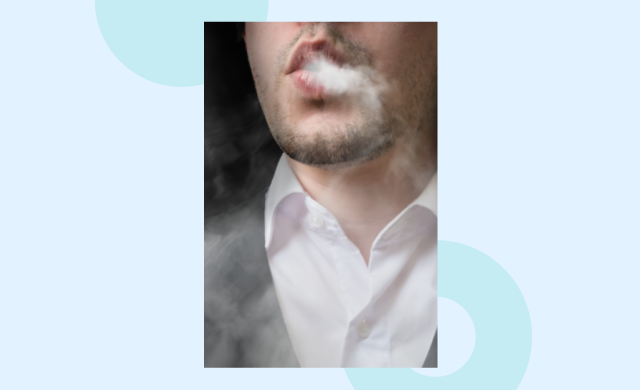Alcohol is available almost everywhere these days - in a restaurant, at a party or in the supermarket. And while many of us enjoy a glass of wine or a cold beer, it's well known that drinking alcohol can be hazardous to your mental and physical health - including your eyes. If you've ever looked a little too deeply into a glass, you may be familiar with symptoms such as blurred or double vision, or the feeling of being severely blinded.
There are several reasons why alcohol and drug use can be dangerous, especially if you have nearsightedness, farsightedness, astigmatism or other problems. These substances can damage your health, impair your ability to make decisions and even cause death. By affecting your mental and physical abilities, they can put you, your family and your friends at risk. We explain the risks of using contact lenses with alcohol or drugs.
The risks of alcohol on lenses


The effects of alcohol on the human body are already well known. With a simple glass of beer or champagne, there isn't much risk.
However, if you drink to excess, the effects of alcohol will soon become apparent. Contact lens wearers have no particular reason to be careful when drinking small amounts of alcohol as it has no effect on eyesight.
However, if we are talking about more than a single drink, there may be a risk that the conjunctiva (the transparent membrane inside the eyelid) will swell up a little. This may cause the contact lenses to not fit properly, which affects visual comfort.
Removing lenses after one too many drinks
When you are drunk, your actions are less safe and logical. This is quite problematic when it comes to your eyes and therefore your lenses. In fact, in this state, you may take risks such as damaging your lenses, or even worse, injuring your eye. The other risk is that the step of removing the lenses is simply forgotten before you fall into bed.
Our advice:
If you drink large amounts of alcohol, you should simply wear glasses. They can be easily removed at home and do not interfere with sleep.
Joints, cocaine, and more: are contact lenses and hard drugs compatible?
Things get more complicated when it comes to hard drugs.
Although marijuana (or hashish) is consumed by a large number of people, its influence on the human body should not be underestimated.
Here again, the advice is the same as for alcohol: take your glasses as a precaution. Hard drugs, such as cocaine, have an even greater impact.


The pupils dilate, their reaction is significantly affected, and the production of tear fluid is also affected.
In addition to the general health risks, it is strongly advised not to wear contact lenses while using drugs. Complications from wearing and removing lenses are difficult to assess and should therefore be avoided in all cases as a preventive measure.
If in doubt, always consult your doctor. The doctor will explain in detail the tolerance and possible consequences.
In summary, alcohol consumption can lead to loss of vision, problems with eye reflexes and increased sensitivity to light. Similarly, the use of hard or illegal drugs can cause vision problems, especially changes in colour perception, hallucinations and sudden loss of vision.





